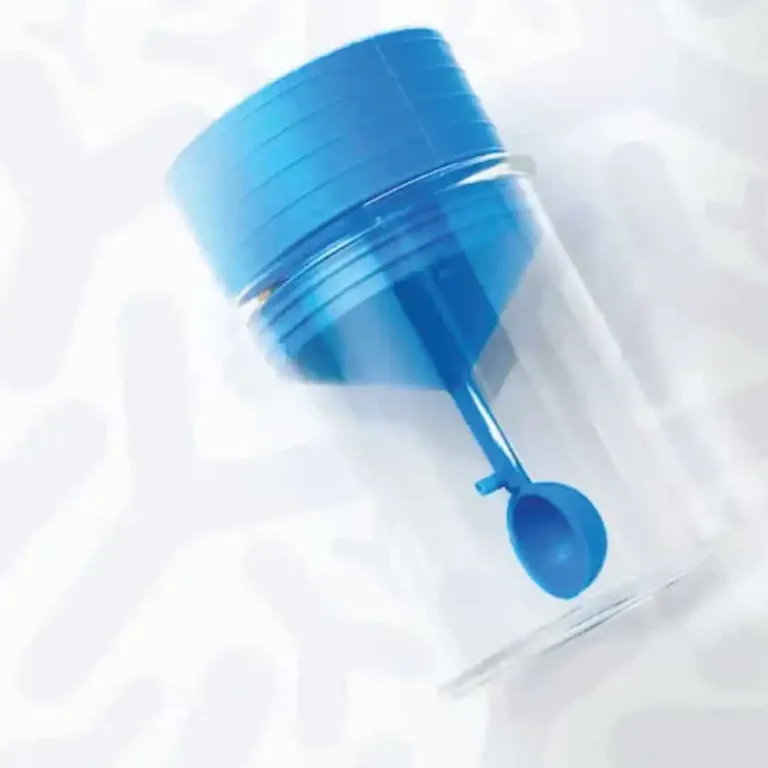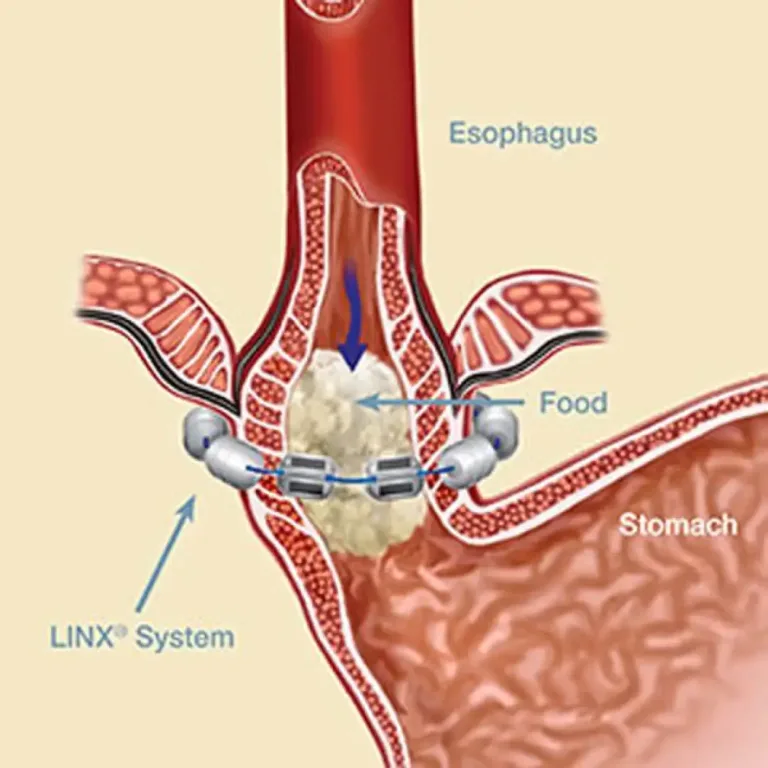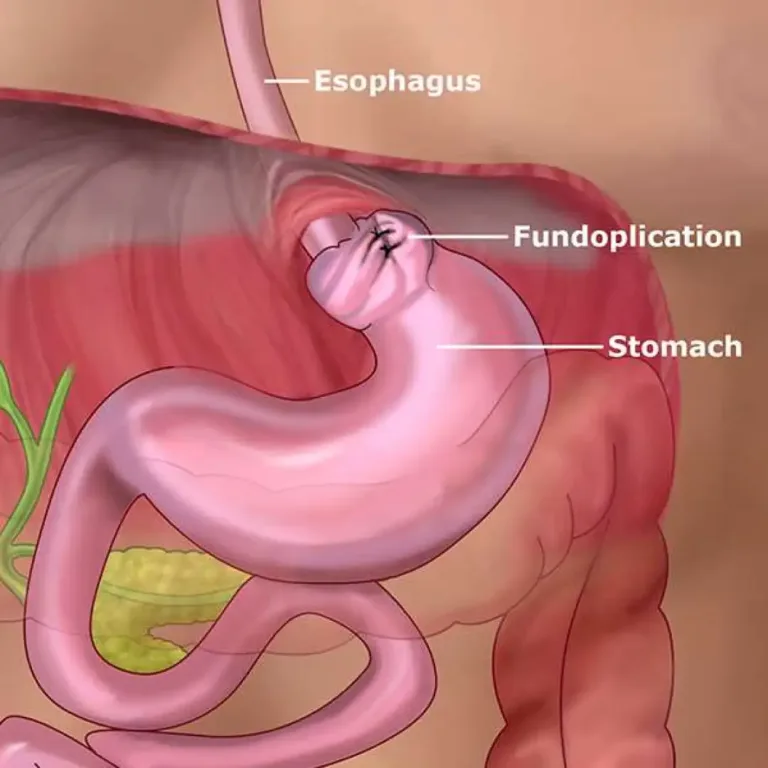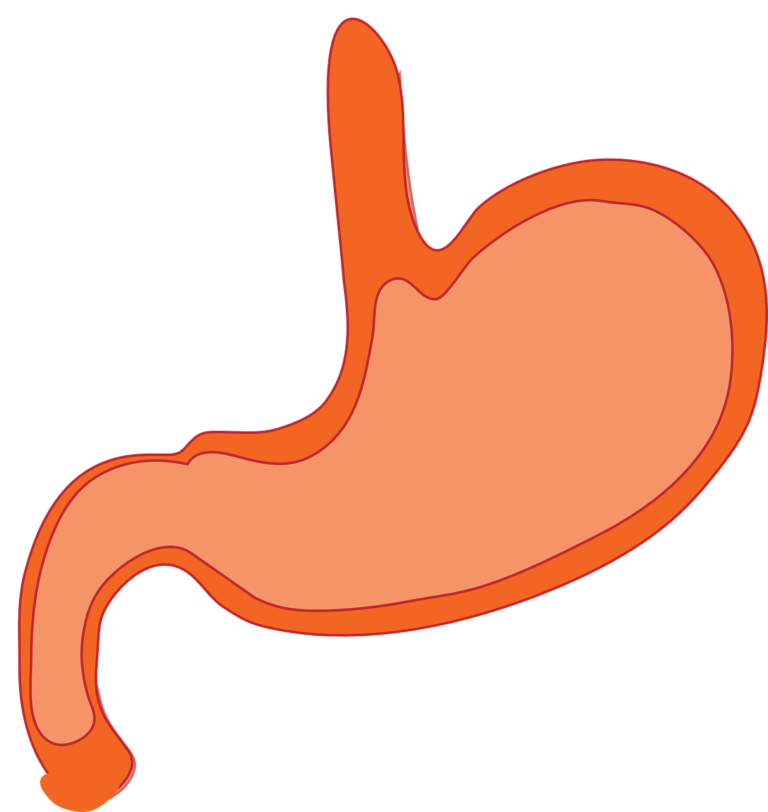Functional dyspepsia (FD) is a digestive disorder characterized by symptoms such as bloating, fullness, upper abdominal pain, nausea, and early feeling of fullness during or after eating. Unlike other digestive disorders, FD is not associated with any structural or biochemical abnormalities in the digestive system. The exact cause of FD is unknown, but some contributing factors may include:
- Gastric acid reflux
- Slow stomach emptying (gastroparesis)
- Abnormal contractions of the muscles in the stomach and intestines
- Stress and anxiety
- Hormonal changes in women
- Non-steroidal anti-inflammatory drugs (NSAIDs)
- Bacterial infections
- Certain foods and drinks
It is important to see a healthcare provider for an accurate diagnosis and treatment plan.





